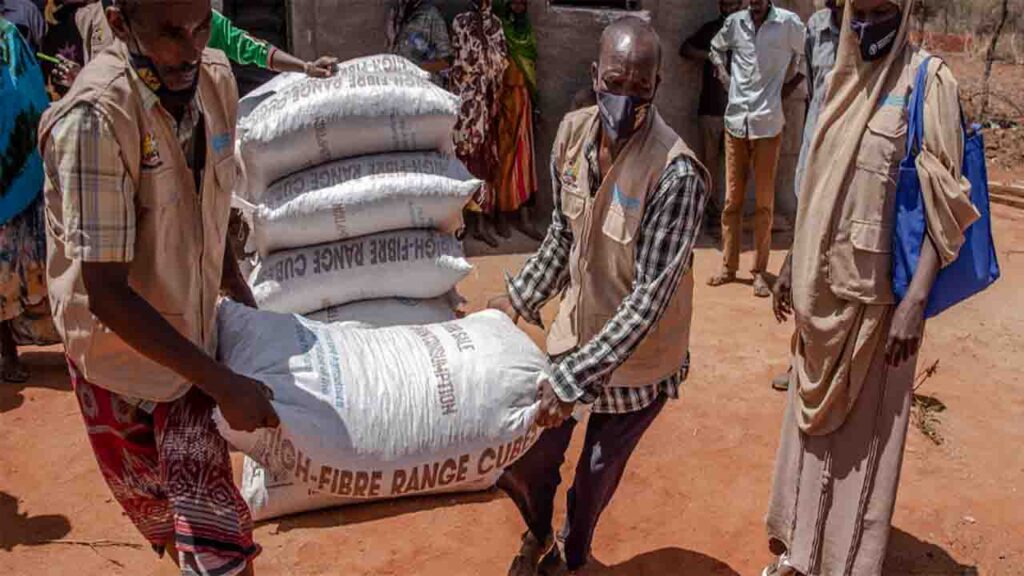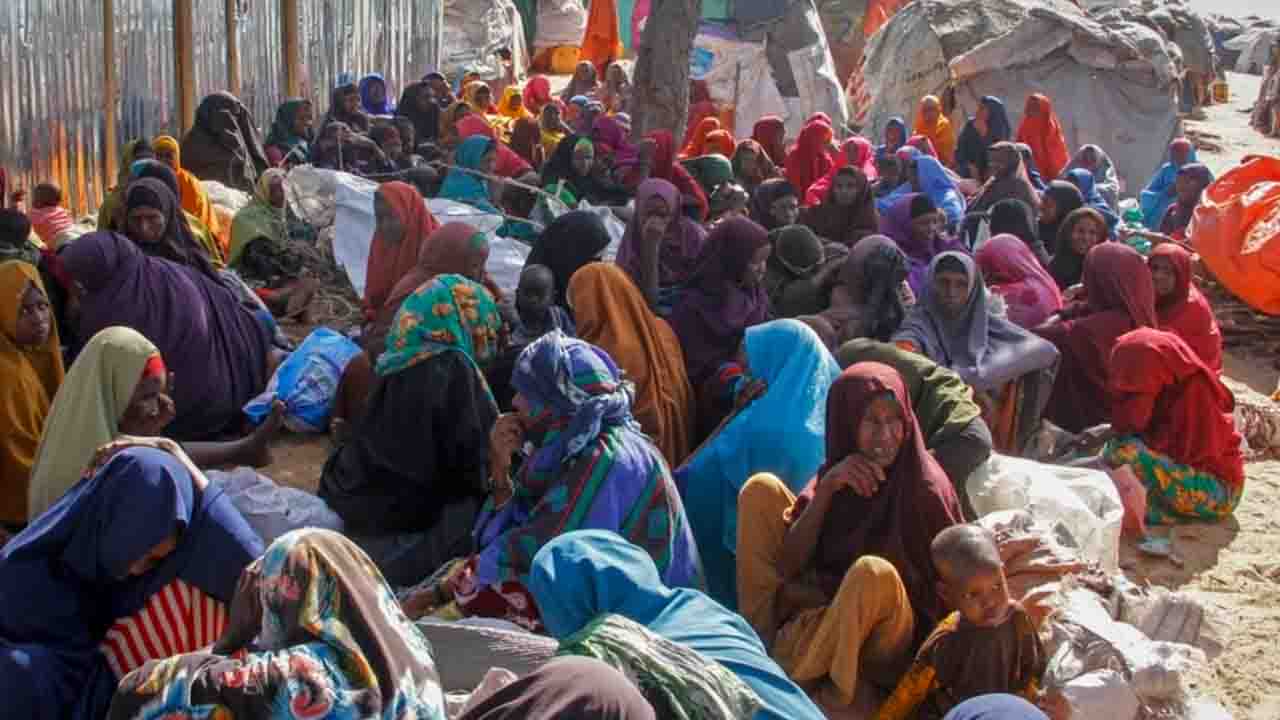Horn of Africa (Commonwealth Union)_While it’s more than evident that climate change is wreaking havoc across the world, the Horn of Africa currently seems to be caught in the eye of the storm. More than 43 million people in Ethiopia, Kenya, and Somalia need humanitarian assistance this year, with 32 million of them being food insecure. It is also stated that the havoc wrought by the 2022-23 drought will be felt long-term, with no short-term panacea in sight.

The United Nations has pledged USD 2.4 billion in relief efforts to help fund aid operations. Calling the drought across the Horn of Africa a possible catastrophe in the making, the UN described the region as the epicenter of one of the world’s worst climate emergencies. The UN’s original appeal was for USD 7 billion but the funding has fallen short for the three countries; Somalia got funding for just 25 percent, Ethiopia 22 percent, and Kenya 21 percent.
The top pledge was made by the United States which with an additional USD 524 million totaled USD 1.4 billion, the EU pledged USD 185 million, Germany USD 163 million, Britain USD 120 million, and the Netherlands USD 92 million.
The Horn of Africa has been facing the domino effect of climate change with crisis after crisis hitting it full in the face. The UN noted that the price being paid by the Horn of Africa is unconscionable and is for no fault of the region but rather due to the permeating impacts of scant regard by developed countries to reduce emissions and use of fossil fuels and be more environmentally responsible and accountable.
With the longest drought on record, the region is facing massive humanitarian crises. Two of these are mass displacement and skyrocketing food prices. Putting this into perspective: there have been over 40,000 deaths in Somalia last year due to the drought with half of them being children under the age of five.
The US Ambassador to the United Nations requested a call to action from all countries, stating the need to adapt to the impacts of climate change and build more sustainable, equitable, and resilient food systems. This must go hand in hand with supporting humanitarian work being carried out by selfless individuals and NGOs who have committed to saving lives.








